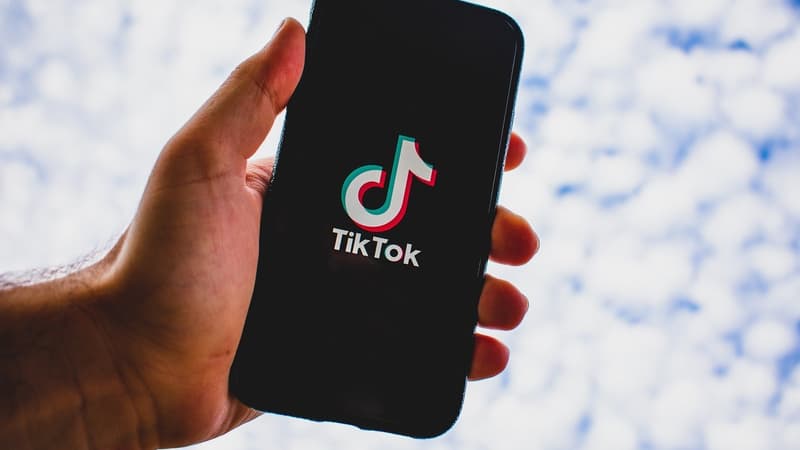Arcom asked social networks on Monday for more effort and transparency in the fight against disinformation, pointing in particular at TikTok, when they will soon have to apply new, more restrictive European regulations.
For the third consecutive year, a dozen platforms such as Google, Meta (Facebook, Instagram), Snapchat and Twitter responded to Arcom’s questions about the measures adopted in 2021 to combat “fake news”.
They are bound to this by the law against the manipulation of information, adopted at the end of 2018, recalls the audiovisual regulator in its report published this Monday, which also affects, for the first time, Pinterest and TikTok.
“TikTok is a special case”
But “transparency efforts still seem sorely lacking” while TikTok, Yahoo and “to a lesser extent Google” stand out “particularly for the absence of tangible information” provided to the regulator.
“TikTok is a special case,” said Benoît Loutrel, a member of Arcom, during a press conference. Although it is subject from the first year “to this regime”, the company “has taken an incredible place at lightning speed”, especially among young people, he explained.
Hence a “very clear gap” between his audience, more than 9 million unique visitors a day in September, in France, according to Médiamétrie, and his “particularly imprecise” statement to Arcom.
If the 2018 French law today shows “its limits”, Arcom cannot penalize the platforms, the European digital services law (DSA) “will change the situation”, underlines the regulator in its report.
This regulation, which the largest platforms must apply around the summer of 2023, authorizes the European Commission to impose fines of up to 6% of their global turnover, or even a ban on operating in the EU in the event of repeated serious infringements. .
Source: BFM TV


